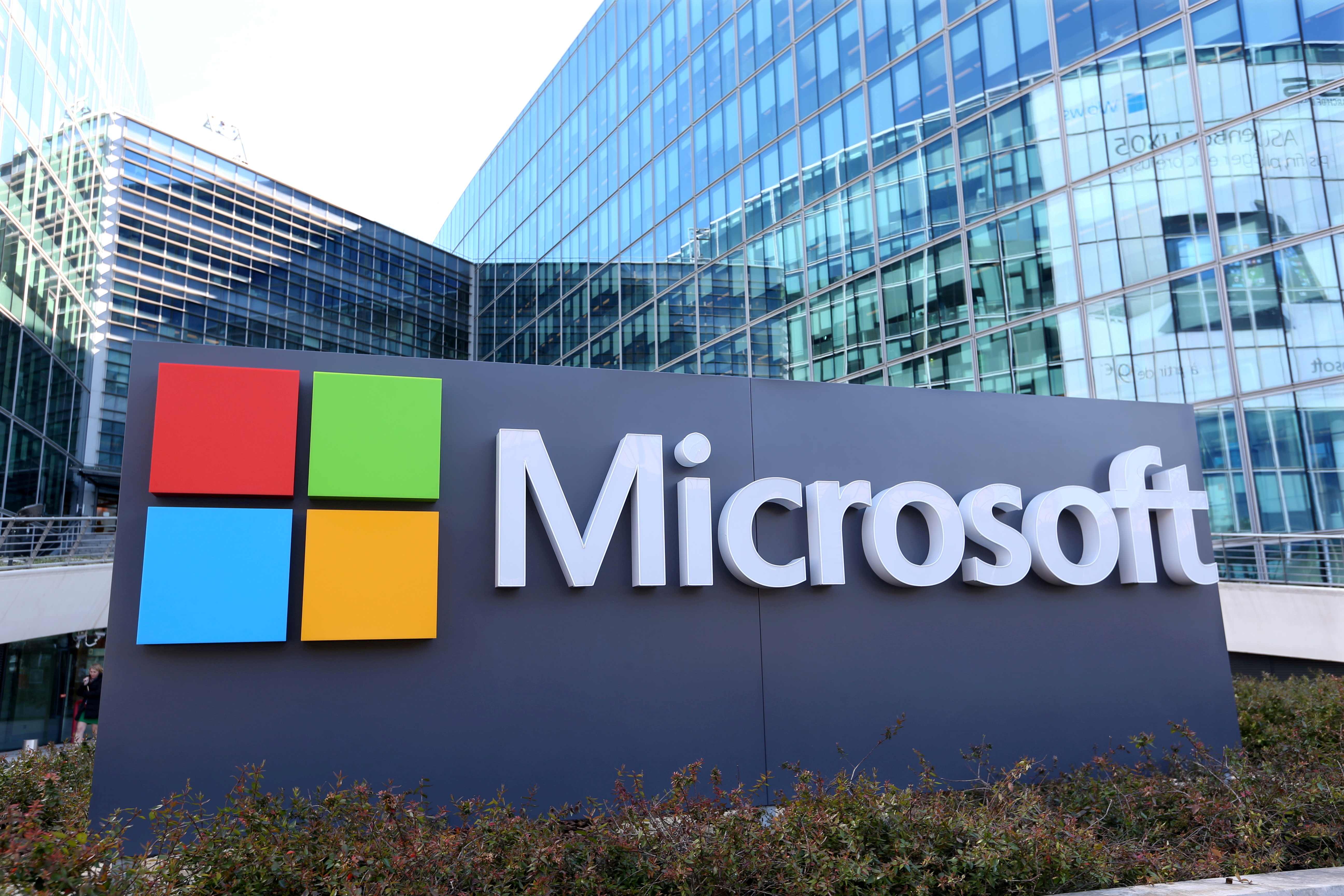Microsoft to Slash Thousands of Enterprise Sales Jobs as AI Takes Front Seat
The next era of enterprise sales will be defined not by headcount, but by AI amplification of top performers," says Forrester analyst Mary Shea, as Microsoft's recent move to eliminate thousands of sales roles reverberates through the industry.
What Microsoft’s Sales Layoffs Reveal About the Future of B2B Tech Sales
The tech giant's decision signals a fundamental reimagining of how technology products reach enterprise customers in the age of artificial intelligence.
The Sales Evolution Accelerates Microsoft's cuts, affecting approximately 1,900 positions across its sales and marketing organizations, come amid the company's significant AI investments, including its $13 billion partnership with OpenAI and plans to deploy $80 billion into data centres and capital expenditures this year. This strategic pivot raises profound questions about the future of technology sales—a profession long defined by relationship-building, complex negotiations, and human persuasion. What's particularly notable is that these cuts target sales professionals in Microsoft's biggest growth engines: cloud computing and security. These aren't vestigial divisions being trimmed but forward-looking units central to the company's future.
The Rise of AI-Driven Sales Platforms and the End of Manual Prospecting
The implication is clear: Microsoft believes AI can now handle significant portions of what has historically required human touch. The move arrives during what Gartner calls the "third wave of sales technology transformation." The first wave digitized sales records; the second brought analytics and insights. This third wave fundamentally alters the sales function itself, with AI not merely supporting sales teams but potentially replacing substantial portions of their workflows.
Augmentation Versus Replacement Industry analysts suggest Microsoft's strategy involves two parallel transformations. The first involves amplifying their highest-performing salespeople through AI assistance making the best even better while needing fewer total headcount. The second involves shifting transactional sales processes entirely to AI-driven systems, particularly for their increasingly standardized cloud products. What we're seeing is the systematizing of sales knowledge that was previously locked in human expertise. The best performing salespeople have patterns, approaches, and insights that AI can now scale across an organization.
This approach contrasts with earlier CRM and sales technologies that merely tracked activity rather than replicating expertise. Modern large language models can now draft personalized communications, generate custom proposals, negotiate within parameters, and even predict customer objections with remarkable accuracy.
Can AI Replace Relationship-Based Selling in Enterprise Deals?
The Human Element Under Pressure Microsoft's moves force a broader industry recalibration around a fundamental question: what value do human salespeople uniquely provide that AI cannot replicate? Traditional sales wisdom has emphasized relationship building, but even this territory is being encroached upon. AI systems can now maintain regular, personalized communication cadences with prospects and clients that many human teams struggle to match consistently. Many believe the distinction lies in strategic consulting: Tomorrow's enterprise salespeople need to be business strategists first, relationship builders second, and product experts third.
Why Top Sales Performers Will Be Amplified by AI—Not Replaced
Pure product expertise or relationship maintenance can increasingly be handled through technology. For sales professionals, this creates an urgent imperative to evolve. LinkedIn data shows a 42% increase in enterprise sales professionals adding AI and data analytics skills to their profiles in the last year alone—recognition that the profession must transform or risk obsolescence.
Salesforce, Oracle, and the Competitive Pressure to Match Microsoft’s AI Play
Competitive Dynamics Accelerate Microsoft's aggressive position puts pressure on competitors to respond. Companies like Salesforce, Oracle, and SAP now face strategic questions about their own sales structures. Will they follow Microsoft's lead, or position human expertise as a competitive advantage? Some startups are already moving in Microsoft's direction. AI-native companies like Jasper and Anthropic maintain minimal sales teams even as they scale to billion-dollar valuations, relying instead on product-led growth augmented by AI-driven sales assistance. Other companies see opportunity in the disruption. Sales enablement platforms like Seismic and Showpad are rapidly integrating AI to help sales teams upskill rather than downsize. Meanwhile, startups like Walnut and Regie.ai are building technology specifically designed to help human sellers thrive alongside AI rather than be replaced by it.
How AI-Driven Sales Tools Are Reshaping Buyer Expectations
Perhaps the most interesting tension in this shift is that it's occurring precisely when buyers increasingly demand personalized experiences. A recent Salesforce study found 88% of enterprise buyers expect companies to understand their unique business needs. The question remains whether AI can deliver this personalization at scale better than humans, or if Microsoft's moves will create an opening for competitors who maintain more robust human sales organizations tailored to complex enterprise needs.
Salesforce, Oracle, and the Competitive Pressure to Match Microsoft’s AI Play
As the dust settles on Microsoft's restructuring, one thing becomes clear: the recipe for success in enterprise sales is being fundamentally rewritten. The profession isn't disappearing, but it is transforming in ways that will require both companies and individual sales professionals to reconsider their value proposition in an increasingly AI-augmented landscape. What remains to be seen is whether Microsoft's bet represents the vanguard of a new sales paradigm or a premature automation of human expertise that customers will ultimately reject.
